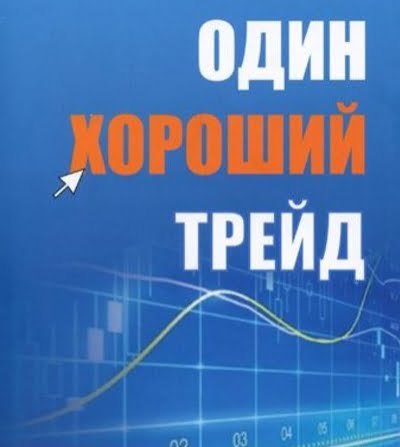By Roman Olearchyk in Kiev
Ukraine, one of the world’s top grain exporters, said on Wednesday it was considering a cap on wheat exports, a move that would put more pressure on surging global grain prices.
The announcement was made after Russia had intro duced a ban on grain exports until the end of the year following the devastation of its crops by the worst drought in a century. The World Bank has urged countries not to restrict trade in grain.
Ngozi Okonjo-Iweala, managing director at the World Bank, said export bans threatened a repetition of the 2007-08 food crisis, when the cost of crops from corn to rice hit record highs and food riots broke out in countries from Bangladesh to Haiti.
“Export bans, while understandable from a national view, are counterproductive at the international level because they trigger hoarding and lead to further price distortions,” Ms Okonjo-Iweala told the Financial Times.
Kiev’s announcement was made after grain traders accused Ukraine’s government of having already imposed an informal blockage on grain exports through customs inspections and other administrative measures.
Ms Okonjo-Iweala sided with the traders’ complaints, saying: “Ukraine is implementing a new system of export certification, which is slowing down exports.”
European grain traders are worried that Kazakh stan, which has also been hit by drought, might res trict sales outside former Soviet Union countries.
Mykola Prysyazhnyuk, Ukraine’s agriculture minister, said on Wednesday that if the government imposed the export quotas, they would focus on wheat, to ensure the country’s food security. “They will be soft, targeted and agreed upon with grain traders,” he said. A decision could be reached by next week.
Wheat prices have paused after surging last week to a two-year high.
In Paris, European milling wheat traded at €205 a tonne, after touching €236 a tonne last week. European wheat prices are still up 50 per cent since mid-June.
The focus on milling wheat would relieve the livestock industry, which relies heavily on Ukraine’s feeding barley. Kiev exported 6m tonnes of feeding barley last year, 35 per cent of the global trade of the grain. The cost of feeding barley in Europe has doubled over the past six weeks as traders fear the effect of lower production in Ukraine and the export ban in Russia, also a big exporter.
Ukraine’s harvest has been less badly hit by drought than neighbouring Russia and Kazakhstan, also a big regional producer. Ukraine expects to harvest just more than 40m tonnes of grain this year, down from about 48m tonnes last season.
But the heat has damaged the quality of the crop, reducing supplies of milling wheat, used to bake bread.
Ukraine’s governing coalition is struggling to build up a large enough reserve to keep bread prices stable before an October 31 election to regional legislatures.
Doing so is vital in preventing a backlash from cash-strapped citizens who were hit hard by last year’s recession.


